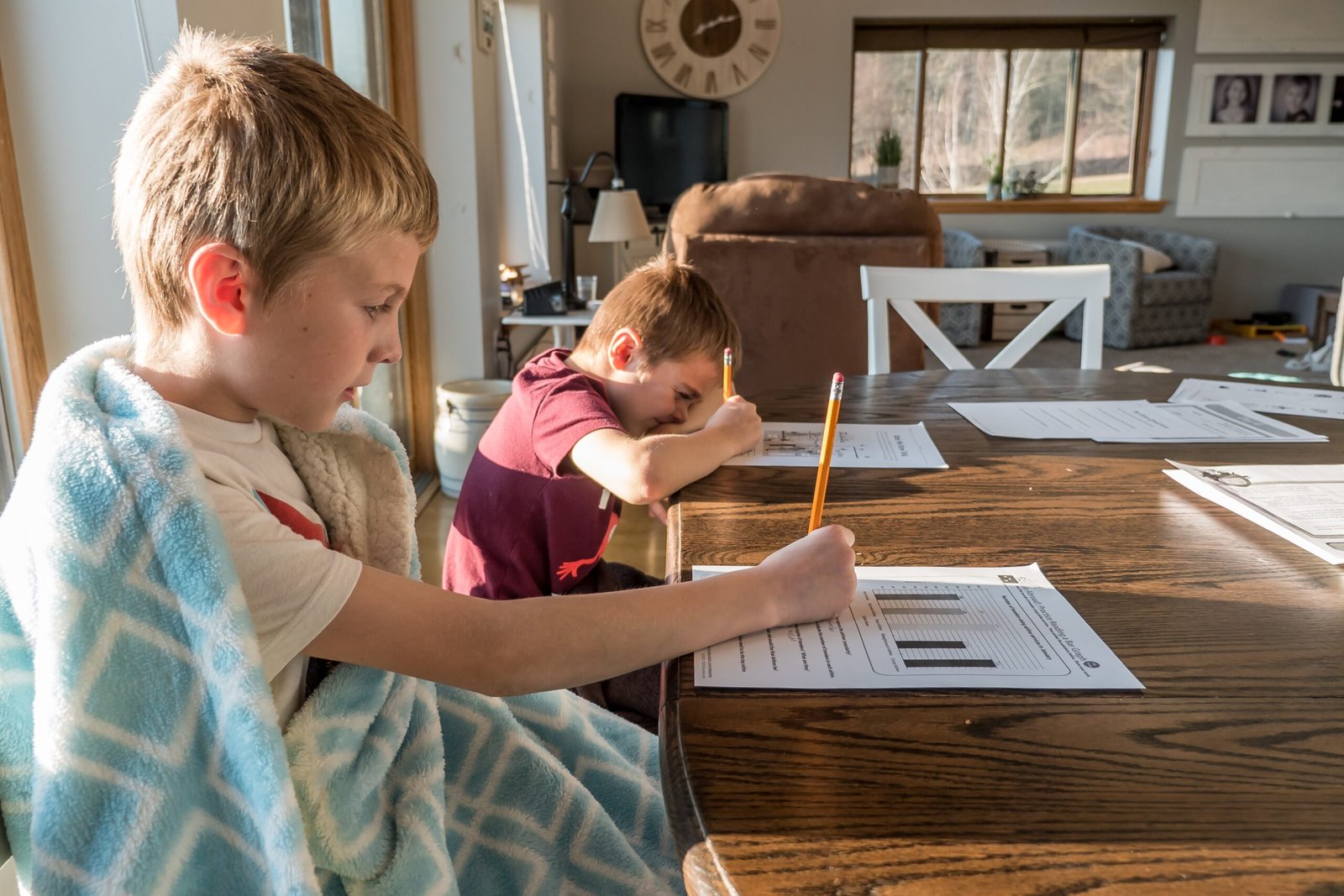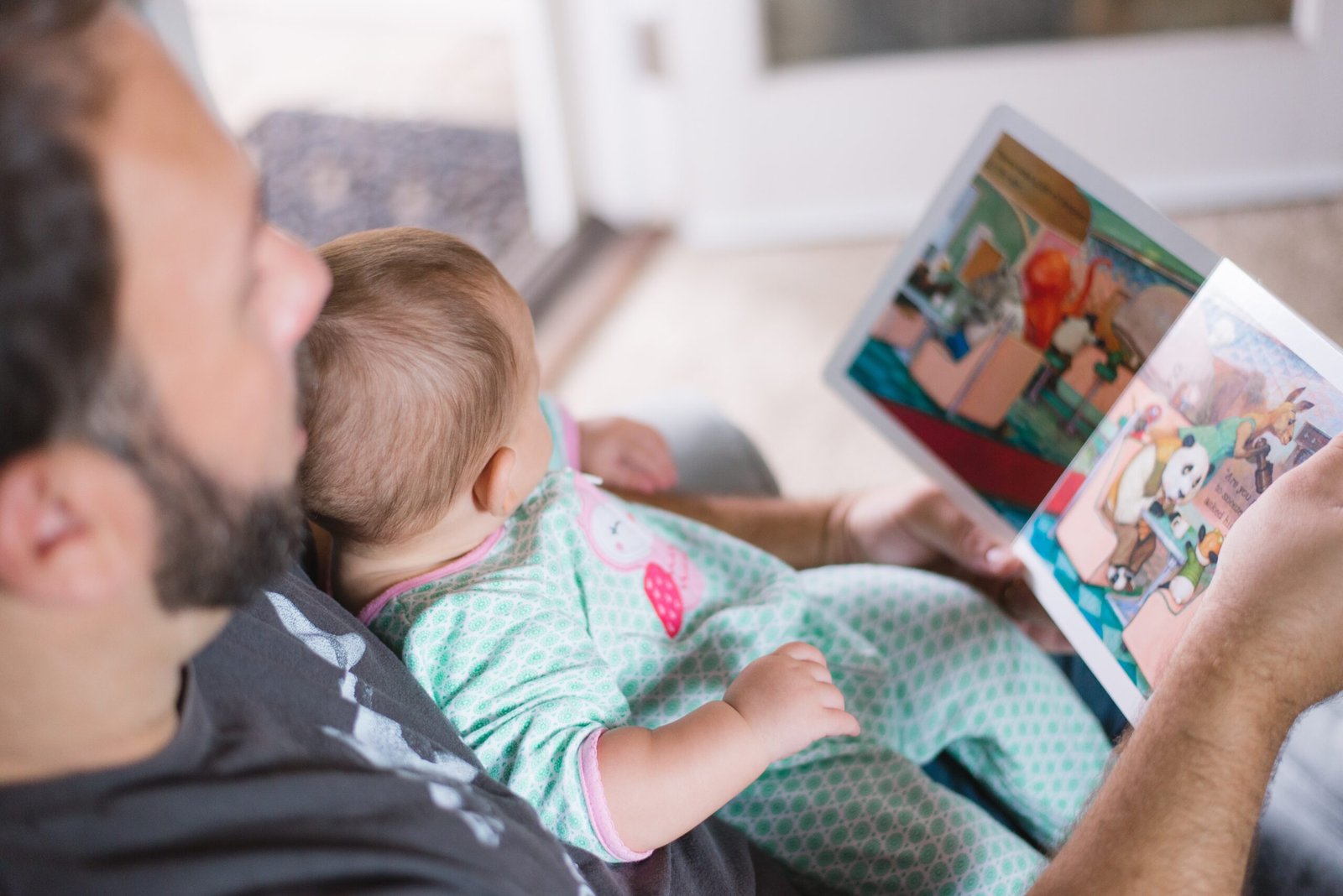Introduction
In today’s digital age, technology has become an integral part of our lives. From smartphones to tablets, laptops to smart TVs, screens are everywhere. As parents, it can be challenging to navigate the world of technology and strike a balance between its benefits and potential drawbacks, especially when it comes to managing screen time for our children. In this blog post, we will explore some practical tips and strategies for effectively managing screen time and technology in parenting.
The Importance of Setting Limits
Setting limits on screen time is crucial for your child’s well-being and development. Excessive screen time has been linked to various issues, including obesity, sleep problems, and poor academic performance. It is essential to establish clear boundaries and rules regarding screen time usage.
Start by determining a reasonable amount of screen time for your child based on their age and individual needs. The American Academy of Pediatrics recommends no more than one hour of screen time for children aged 2-5 and consistent limits for older children. Encourage a healthy balance between screen time and other activities such as outdoor play, reading, and socializing.
Lead by Example
Children learn by observing their parents’ behavior. If you want your child to have a healthy relationship with technology, you must lead by example. Be mindful of your own screen time habits and demonstrate responsible technology use.
Designate tech-free zones and times in your home, such as mealtimes or family gatherings. This will not only help reduce screen time but also encourage meaningful interactions and quality time spent together as a family.
Encourage Active Screen Time
Not all screen time is created equal. Instead of solely focusing on limiting screen time, encourage your child to engage in active screen time activities. This includes educational apps, interactive games, and creative platforms that promote learning and skill development.
Look for age-appropriate and educational content that aligns with your child’s interests. Engage in discussions about what they are watching or playing, and encourage critical thinking and problem-solving skills.
Establish Tech-Free Bedtime Routine
The blue light emitted by screens can interfere with sleep patterns, making it difficult for children to fall asleep and get adequate rest. Establishing a tech-free bedtime routine is crucial for promoting healthy sleep habits.
Set a specific time when screens are turned off and encourage alternative activities before bedtime, such as reading a book or engaging in calming activities. Create a soothing environment in the bedroom, free from electronic distractions, to ensure a restful night’s sleep.
Open Communication
One of the most important aspects of managing screen time and technology in parenting is maintaining open communication with your child. Talk to them about the potential risks and benefits of technology, and establish guidelines together.
Encourage your child to share their experiences and concerns regarding technology. Be supportive and understanding, and address any issues that may arise. By fostering open communication, you can build trust and guide your child in making responsible choices.
Conclusion
In the digital age, managing screen time and technology in parenting is a challenge that many parents face. By setting limits, leading by example, encouraging active screen time, establishing a tech-free bedtime routine, and maintaining open communication, you can strike a balance that allows your child to benefit from technology while minimizing its potential drawbacks. Remember, technology is a tool, and it is up to us as parents to guide our children in using it responsibly.











